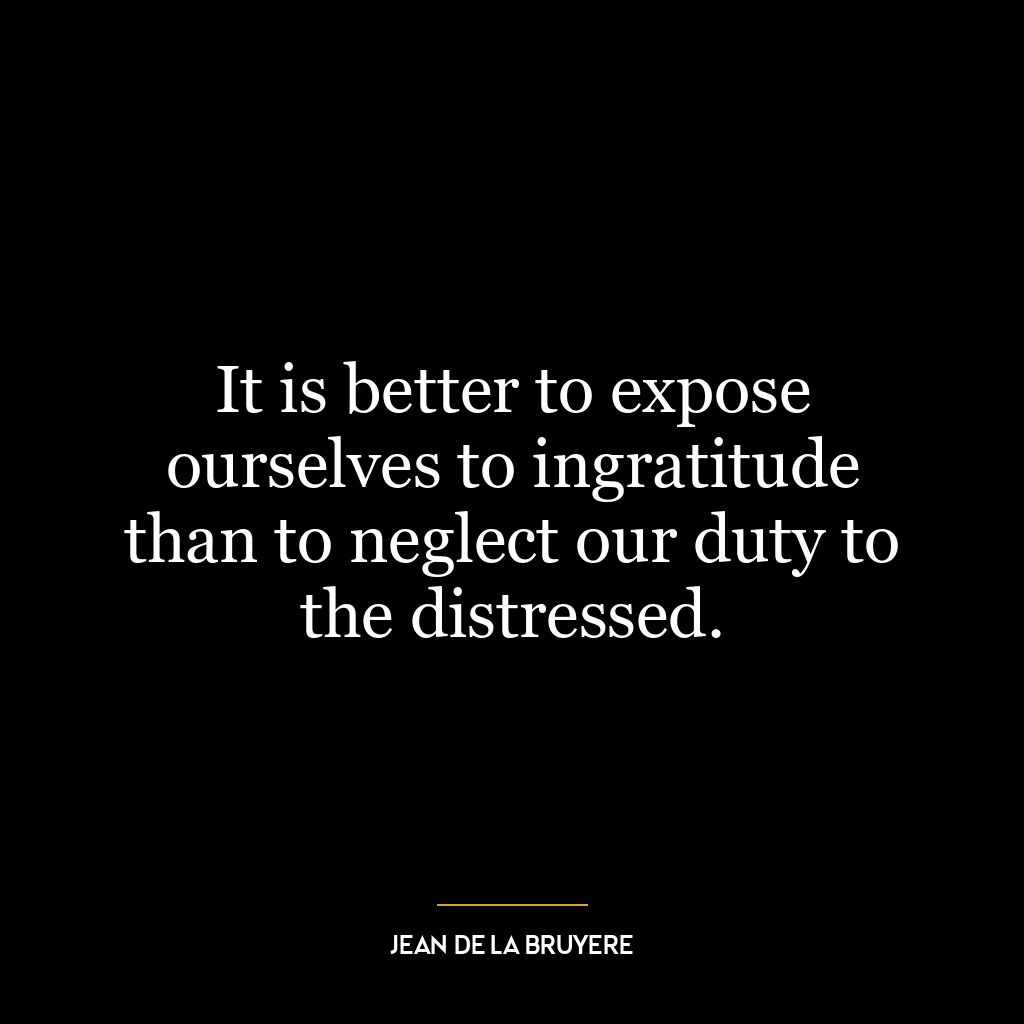When you admonish a wrongdoer, do so gently, that it may not lead to hostility.
This quote emphasizes the importance of approach when addressing someone’s wrongdoings. It suggests that a gentle and compassionate demeanor can be more effective in correcting someone’s behavior than harsh criticism or condemnation. The idea is that by being gentle, you are more likely to create an environment where the wrongdoer is open to understanding their mistakes and willing to change, rather than becoming defensive and hostile.
The quote also underscores the importance of empathy and understanding in communication. It suggests that we should consider the feelings and perspectives of others when addressing their mistakes, rather than focusing solely on our own feelings of anger or frustration. This approach can help to foster mutual respect and understanding, and can ultimately lead to more productive and positive outcomes.
In today’s world, this idea is applicable in a wide range of contexts, from personal relationships to professional environments. For instance, in a workplace setting, a manager who gently and constructively addresses an employee’s mistakes is more likely to foster a positive and productive work environment than one who berates or belittles their employees.
In terms of personal development, this quote encourages us to cultivate patience, empathy, and understanding in our interactions with others. It reminds us that everyone makes mistakes, and that a gentle and compassionate approach can often be more effective in helping others to learn and grow from their mistakes. It also encourages us to reflect on our own reactions and behaviors, and to strive to communicate in a way that is respectful and constructive, rather than reactive or hostile.









